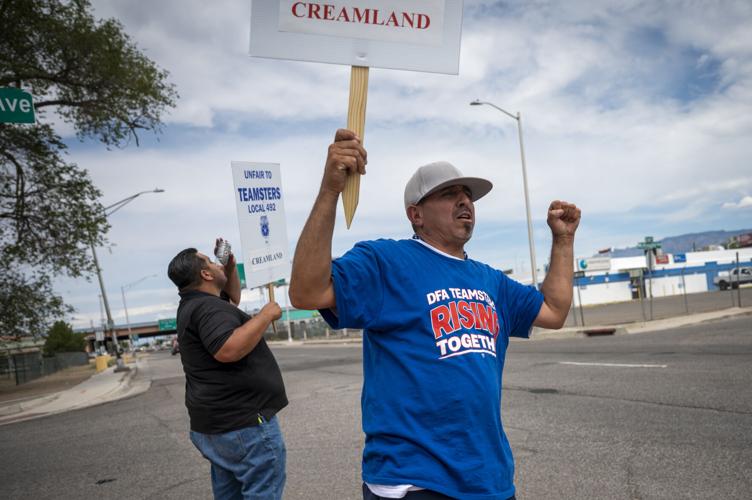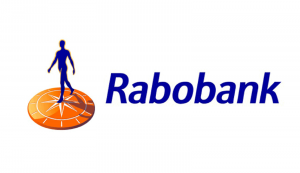
A labor strike at a major U.S. dairy plant halts production and sparks a debate over worker rights and the supply chain.
Workers at Creamland Dairy, a subsidiary of Dairy Farmers of America, have initiated a strike at plants in Albuquerque and Farmington, raising concerns about the availability of key dairy products, including the brand’s popular green chile dip. The strike, involving 77 employees ranging from pasteurizers to drivers, was sparked by allegations that the company has been deliberately stalling negotiations for a new union contract. Union officials state that workers are prepared to withhold their labor until management is ready to negotiate in good faith.
Union representatives from Teamsters Local 492 claim that negotiations have been ongoing since March but have been repeatedly delayed by the company. The union’s vice president, Jesus Vidaca, alleged that Creamland has engaged in “stalling and stalling” tactics and has even violated federal labor law by prohibiting union members from wearing their Teamsters pins at work. These actions, the union asserts, are part of a pattern of bad-faith bargaining that has led to the current production shutdown.
The strike is already having a tangible impact on the dairy supply chain. A pasteurizer, JJ Akers, noted that production of all Creamland’s cultured dairy products—including milk, sour cream, and cottage cheese—has been affected. He pointed out that the company was producing 22 large vats of cottage cheese per week before the strike and that it would be impossible to maintain that output without the striking workers. This disruption highlights the critical role that a small number of key personnel can play in the stability of a regional agribusiness operation.
In response to the strike, a spokesperson for Dairy Farmers of America denied the union’s allegations. The company stated that it is committed to a “respectful, constructive bargaining process that offers competitive wages and benefits” and expressed disappointment that the union had initiated a strike. Despite these claims, the company also confirmed that it has a plan to continue supplying milk and dairy products to Albuquerque Public Schools, a major customer, in an effort to mitigate the public impact of the labor dispute.
Ultimately, this strike is a powerful example of dairy economics and the tension between labor and management. While the union seeks to secure better wages, benefits, and working conditions for its members—with some, like Akers, hoping for a better pension—the company is balancing its commitment to workers with its responsibility to customers and the wider community. The outcome of these stalled negotiations will not only affect Creamland Dairy’s workers and products but also serve as a key case study in modern labor relations within the dairy industry.
Source: Albuquerque Journal, “No more green chile dip? Creamland Dairy workers strike over stalled union contracts”
You can now read the most important #news on #eDairyNews #Whatsapp channels!!!
🇺🇸 eDairy News INGLÊS: https://whatsapp.com/channel/0029VaKsjzGDTkJyIN6hcP1K





















